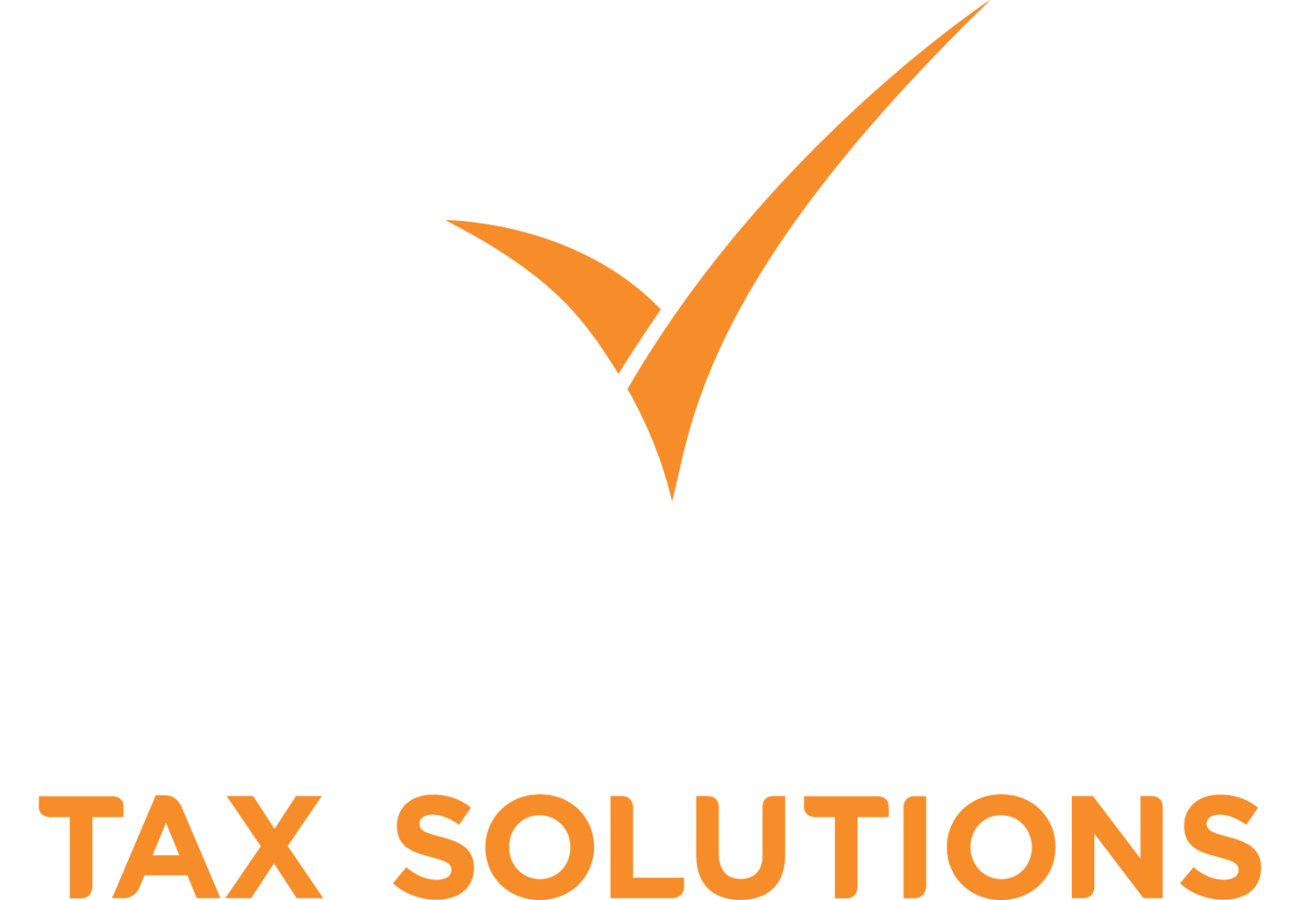by Louis Meeks on December 20, 2014 in Blog
Tax Help Ann Arbor
Victory Tax Solutions “America’s Trusted Tax Team”
Serving clients across the nation is what we do. Serving our local community is what we intend to do more of. Victory Tax Solutions knows how to resolve tax issues of all types. We have earned a stellar reputation throughout the United States. We are working to become the go-to company for tax help in Ann Arbor and all of Southeast Michigan. When dealing with the IRS or the State of Michigan, it is important to have a company on your side to fight for your options and to prevent unnecessary negative outcomes for your tax debt.
Tax help in Ann Arbor is something that our community is struggling with, as well as the rest of the nation. Whether you are a W2 employee, 1099 individual, or a small-business owner, Victory Tax Solutions has the staff of tax professionals to help you fight and achieve the best possible outcomes. Victory’s team of highly educated and experienced tax attorneys are committed to their clients and the needs those clients have with respect to the debt owed to the IRS or State of Michigan.
One thing that Victory is focused on is “face the brutal facts.” The simple fact is that the need for tax help in Ann Arbor is great, and its citizens need a company that can be relied on. Reliance is defined as “the state of needing someone or something for help, support, etc.” Face the brutal facts, there is a black eye on the tax resolution industry. This reputation may never go away. We can help those that are willing to look through the fog, and see the shining light that is Victory Tax Solutions. In our years of service to our clients, we have developed rapport with local IRS agents, and State of Michigan representatives, and utilize our contacts at the IRS to help our clients receive the best possible outcomes.
Every tax professional on our team takes the approach with the IRS and state tax agencies that “you get more bees with honey” What does that mean? It means by treating the IRS representatives respectfully and courteously, we achieve respect from them. That puts them in a situation wherein they are more very happy to work with us for a great resolution for you, our client. This frequently results in a favorable outcome.
If you need tax help in Ann Arbor, call Victory Tax Solutions now at 1-877-772-0123. Experience first hand, why we have earned our reputation as “Americas Trusted Tax Team.”
©2014VictoryTaxSolutions.com
Publishing Rights: You may republish this article in your web site, newsletter, or ebook, on the condition that you agree to leave the article, author’s signature, and all links.





